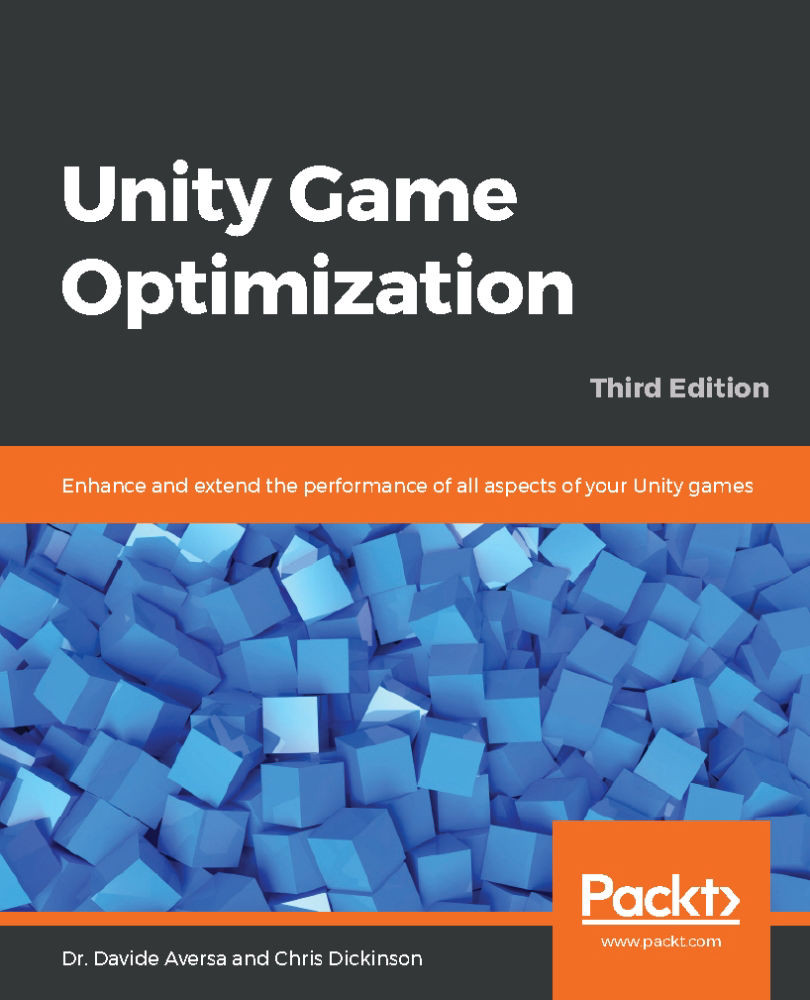In recent years, we have seen a big push toward multithreading programming. The reason is obvious: while we have reached a technological limit on how fast a single core can go, we have discovered how to efficiently put thousands of cores into our hardware and run each piece of code in parallel to obtain a massive performance boost.
However, moving from single-thread programming to multithreading programming is not straightforward. Not every algorithm can easily be split into pieces and, even if it can, there are several details you need to take into account so as to avoid strange and unpredictable behaviors.
When the first version of Unity was released, back in 2005, massive multithreading was almost a futuristic scenario. However, fourteen years are the equivalent of a geological era in game development, and a game engine needs to adapt itself...


